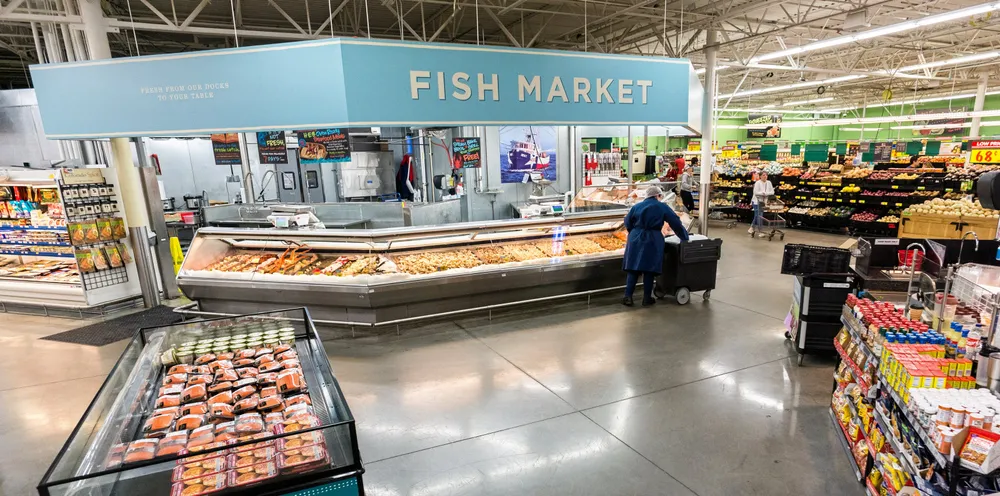Opinion: There is a better and quicker way to create a national seafood marketing program in the United States
Current efforts to create a $125 million generic seafood marketing program are unnecessary because a similar program already has been approved by the Biden administration.
